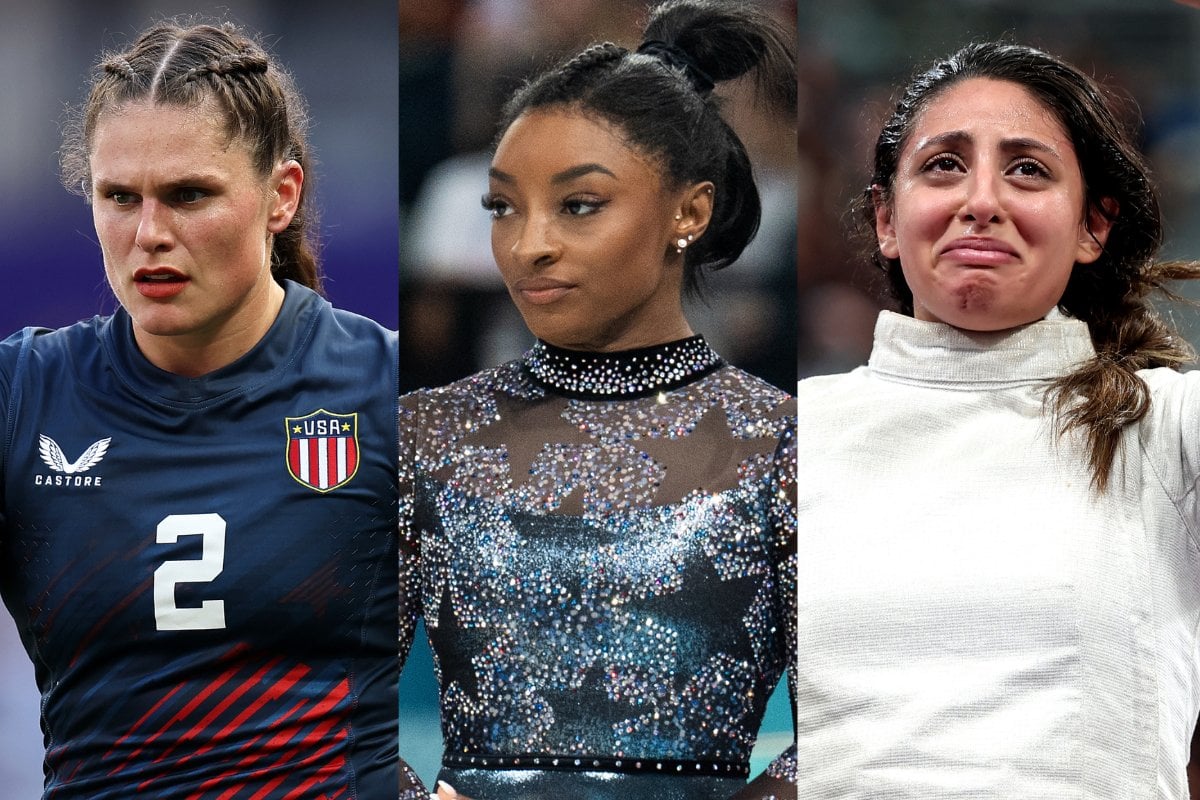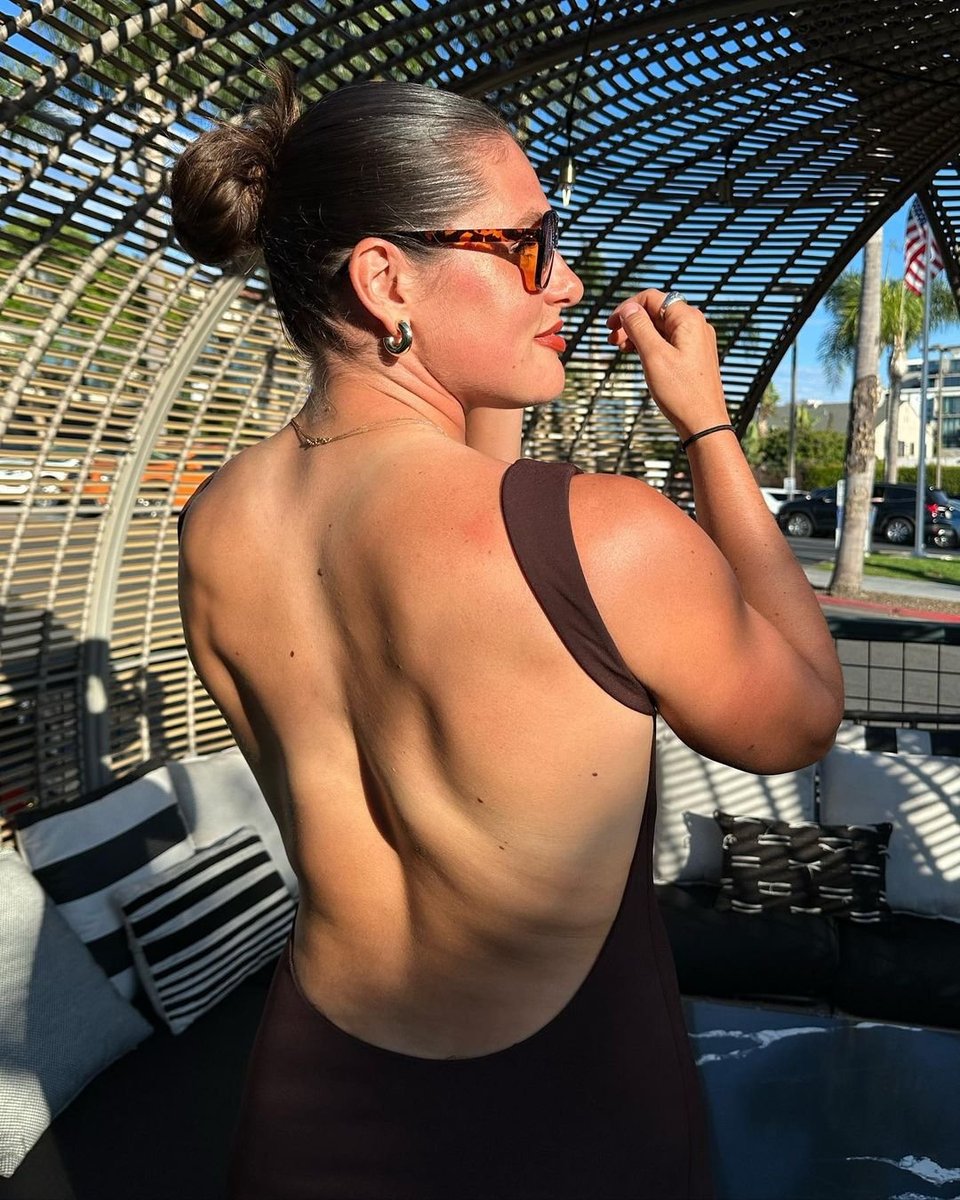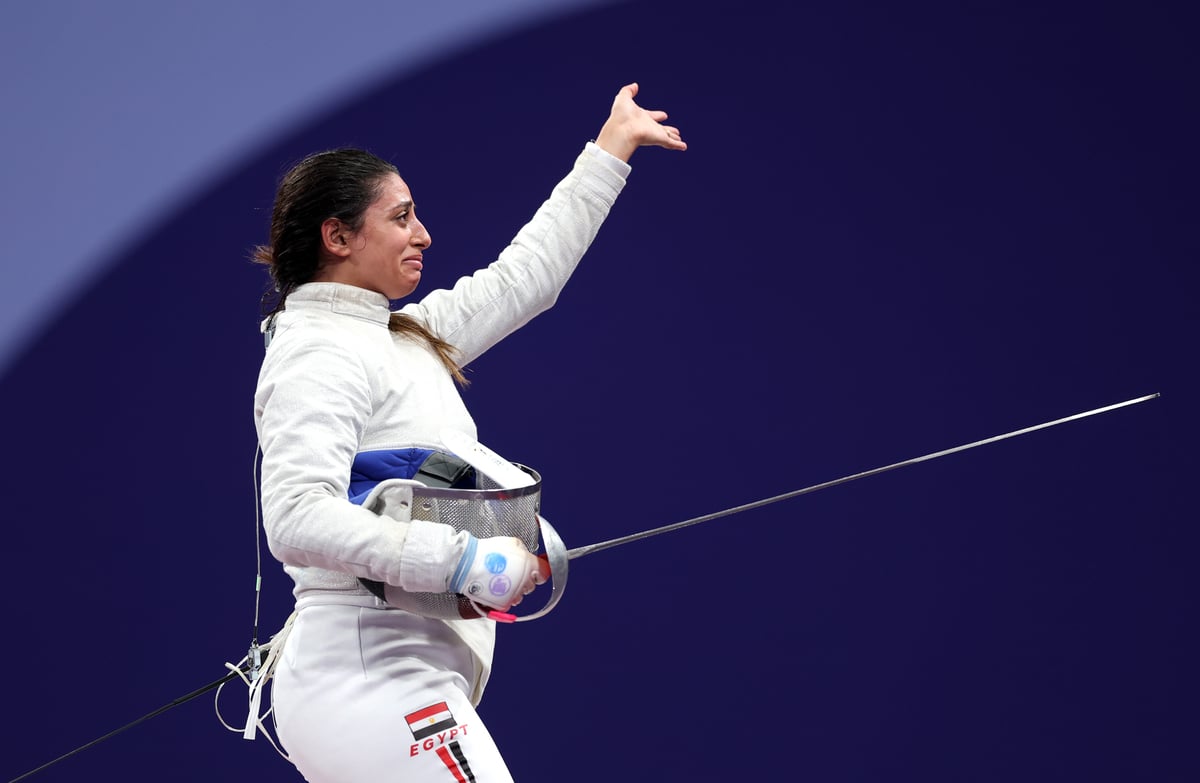
We need to talk about the commentary around Olympians and their bodies. Because in 2024, our conversation around how athletes look is very much alive and thriving — with everything from their weight to their hair and what they're wearing on the table for discussion.
And if you've watched any part of the 2024 Paris Olympics, chances are you've probably passed some form of judgement about an athlete — whether you've vocalised it or not.
Watch: Let's revisit the moment Cathy Freeman's gold medal winning 400m race at the 2000 Olympics. Post continues below.
Unsurprisingly, it's the female athletes, particularly those competing in aesthetic sports like gymnastics, that are subject to the brunt of commentary surrounding their appearance.
The attitude?
You need to look strong. But not too strong.
Thin. But not skinny.
Polished. But not too showy.
Let's start with US gymnast Simone Biles, who recently received criticism about everything from her height to her muscles and now... her hair.




Top Comments